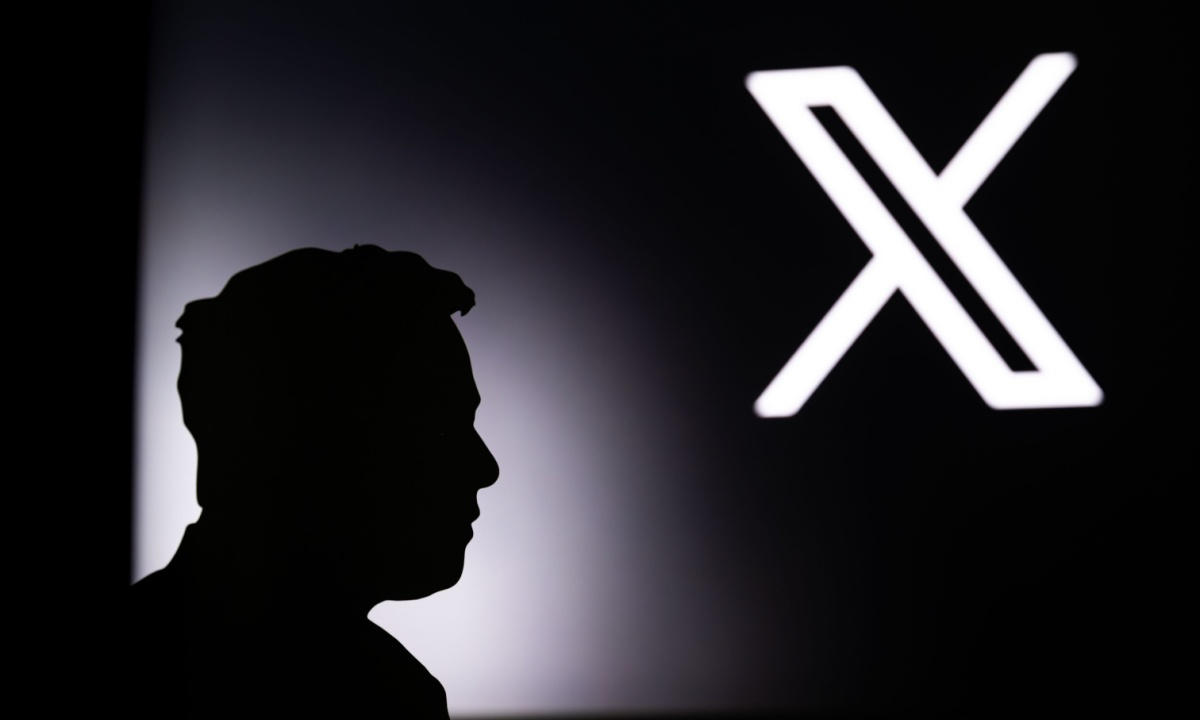
Brazil’s telecommunications regulator has announced the suspension of access to Elon Musk’s social media platform, X, in response to a court order issued by a Supreme Court judge embroiled in a prolonged legal battle with the billionaire. The regulator’s decision was reported by Reuters on Friday and follows X’s failure to comply with a deadline to appoint a legal representative in Brazil, a requirement that triggered the suspension.
Elon Musk, the CEO of X, has openly criticized the judge, Supreme Court Justice Alexandre de Moraes, accusing him of attempting to impose unwarranted censorship on the platform. In contrast, Moraes has maintained that regulations against hate speech on social media are necessary. Musk took to X on Friday to express his frustration, claiming, “They’re shutting down the #1 source of truth in Brazil.”
The judge’s ruling poses a significant risk to X’s presence in Brazil, one of its largest markets. The timing is particularly challenging for Musk, who has been grappling with declining advertising revenue for the platform. Despite the suspension order, X was still accessible in Brazil as of late Friday. However, reports from local media indicated that some users were already experiencing blocked access, and three major telecommunications providers in the country planned to start enforcing the ban at midnight local time (0300 GMT on Saturday), according to a report by UOL.
Read more: Elon Musk’s X Files Antitrust Suit Against Global Advertising Alliance
The ongoing dispute has also led to further repercussions for Musk’s business interests in Brazil. Earlier this week, the bank accounts of Starlink, a satellite internet service provider owned by Musk’s SpaceX, were frozen as part of the escalating legal feud.
Justice Moraes has stipulated that X, previously known as Twitter, will remain suspended in Brazil until it fully complies with the court’s demands. This includes paying over $3 million in fines and appointing a local representative, as required by Brazilian law. The suspension order also tasked Brazil’s telecommunications agency, Anatel, with overseeing the implementation of the ban.
According to Reuters, Anatel confirmed it was working to enforce the suspension but did not provide specific details on the timeline. To ensure the effective closure of X in Brazil, telecommunications companies will need to cease the network’s traffic and prevent users from bypassing the ban through virtual private networks (VPNs).
Moraes further decreed that individuals who continue to access X using VPNs could face fines of up to 50,000 reais ($9,000) per day. Initially, tech giants Apple and Google were ordered to remove X from their app stores and implement anti-VPN measures to prevent users on iOS and Android devices from accessing the platform. However, Moraes later retracted this part of the order, deeming it unnecessary.
Source: Reuters
Featured News
Big Tech Braces for Potential Changes Under a Second Trump Presidency
Nov 6, 2024 by
CPI
Trump’s Potential Shift in US Antitrust Policy Raises Questions for Big Tech and Mergers
Nov 6, 2024 by
CPI
EU Set to Fine Apple in First Major Enforcement of Digital Markets Act
Nov 5, 2024 by
CPI
Six Indicted in Federal Bid-Rigging Schemes Involving Government IT Contracts
Nov 5, 2024 by
CPI
Ireland Secures First €3 Billion Apple Tax Payment, Boosting Exchequer Funds
Nov 5, 2024 by
CPI
Antitrust Mix by CPI
Antitrust Chronicle® – Remedies Revisited
Oct 30, 2024 by
CPI
Fixing the Fix: Updating Policy on Merger Remedies
Oct 30, 2024 by
CPI
Methodology Matters: The 2017 FTC Remedies Study
Oct 30, 2024 by
CPI
U.S. v. AT&T: Five Lessons for Vertical Merger Enforcement
Oct 30, 2024 by
CPI
The Search for Antitrust Remedies in Tech Leads Beyond Antitrust
Oct 30, 2024 by
CPI